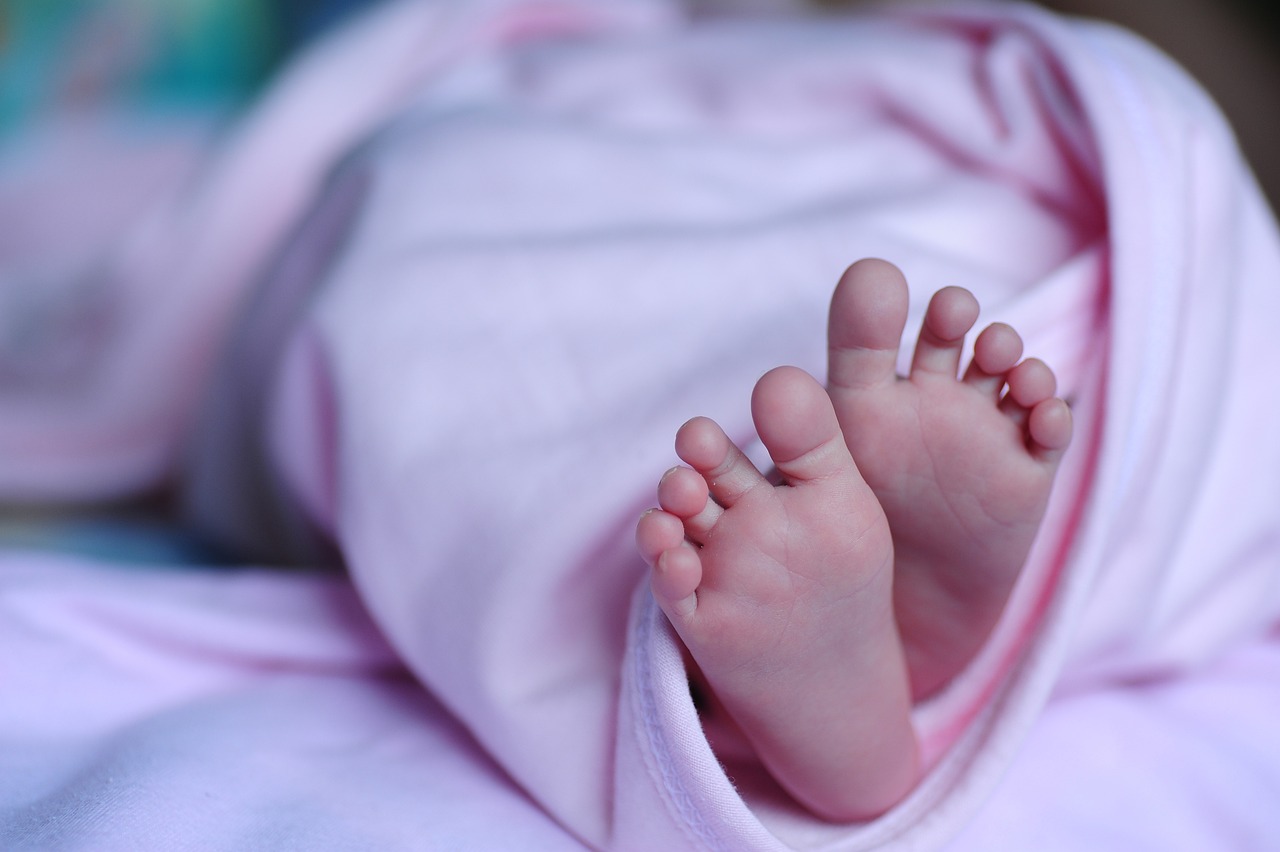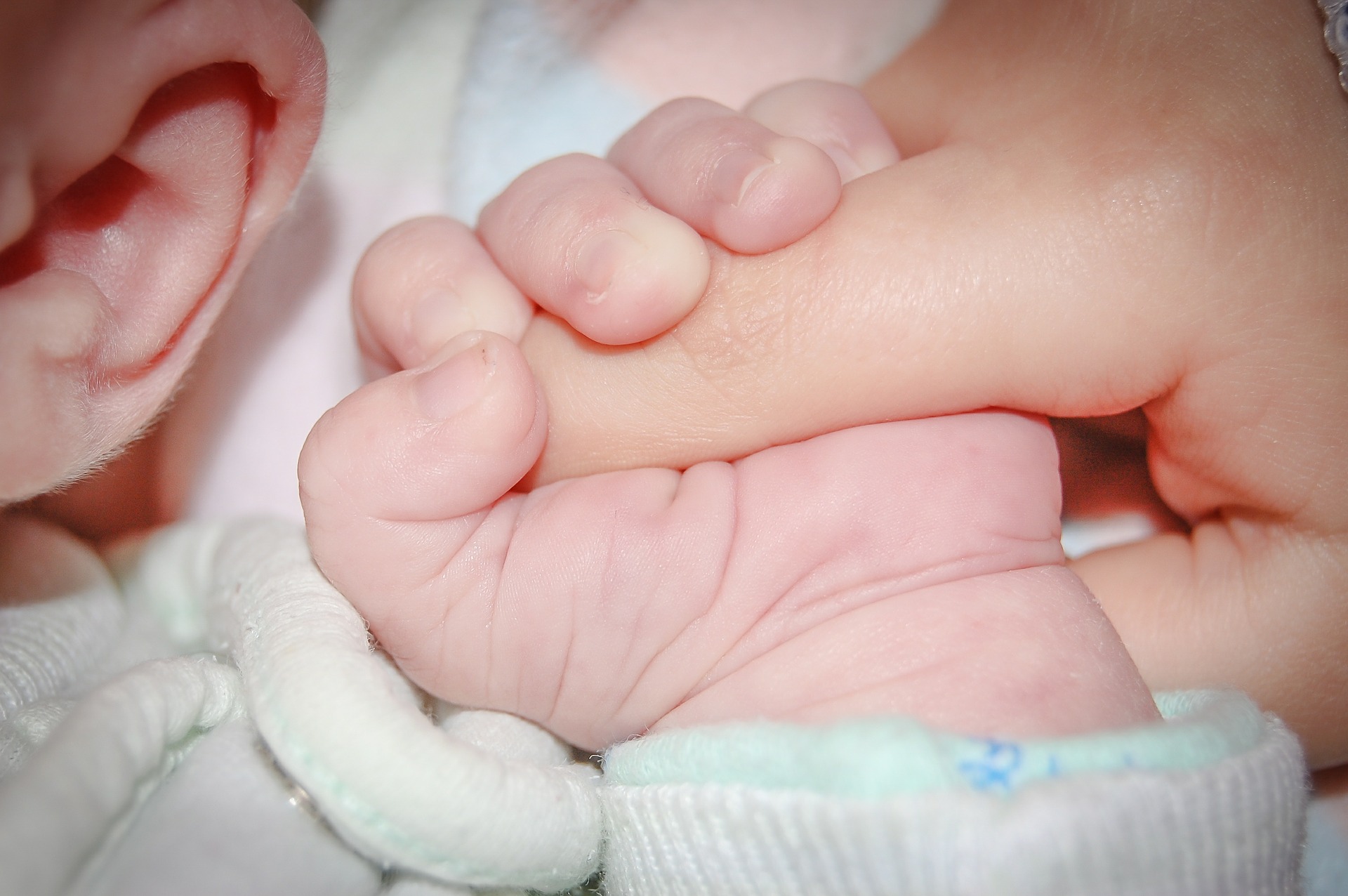
It is a great success for the Hungarian healthcare system.Continue reading

A product line developed by the HUN-REN SZTAKI (Institute for Computer Science and Control) monitors the vital functions of premature babies using artificial intelligence (AI). The resulting data can help ensure that babies receive treatment and support when their biorhythms indicate that it is most necessary, the Hungarian research network’s website writes.
Monitoring premature babies’ breathing, pulse, and wake and sleep times are all important data that is much needed in neonatal units. Until recently, these parameters were collected either by systems with a multitude of wires or by direct observation by nurses and doctors. Artificial intelligence, computer vision, image processing technology and camera-based monitoring have now reached the stage where sensors in direct contact with the baby’s skin are no longer necessary to assess vital signs.
Péter Földesy, scientific advisor at the Computational Optical Sensing and Processing Laboratory at HUN-REN SZTAKI, is working with his colleagues on the development of a product line that monitors the daily activity of premature infants using AI. The development is also supported by a HUN-REN Proof of Concept grant for innovation, with the ultimate goal of creating a marketable product line.
The product line will support personalized development: “For premature babies, the old attitude of ‘keeping them alive’ is now not enough, it is increasingly important to let them sleep at their own pace, for instance.
The individualized and family-centered developmental support NIDCAP and FINE care programs help to ensure that babies receive support when their biorhythms dictate that it is most appropriate, rather than when the doctor and nurses’ schedules allow,”
the researcher explained.
The first component of the product line is a camera that can record and transmit high-quality video and audio in a closed incubator, even at night, when it is covered. The camera is currently in the process of obtaining CE marking, a certification that will indicate that it is a safe product that can be sold on the market.
By the end of the current Proof of Concept program, this process will be completed and the product created by Hungarian researchers could be on the shelves within months.
“We would also like to develop additional modules that can be connected to the system depending on the type of monitoring needed. For instance, if sleep and behavioral monitoring is important, we can run software on a tablet or laptop that continuously monitors the baby and shows the baby’s condition using easy-to-understand, colorful curves: ‘Deep sleep, shallow sleep, waking up, or already awake?’ The system also stores information such as how bright the light was during the day or how loud the baby’s environment was,” the researcher outlined the way forward for the development.
The third area of future research is the measurement of pain levels in babies.
They are sometimes examined 10-15 times a day, blood is taken, or ventilation is required. All of this often makes them cry, but it is not easy to measure how much pain they are actually in. Földesy and his team want to develop a pain scale, involving nurses and doctors, which would use camera images, facial expressions, the degree of tension in the hands and back, and AI-assisted analysis to determine the amount of pain.
Via HUN-REN, Featured image: Pixabay